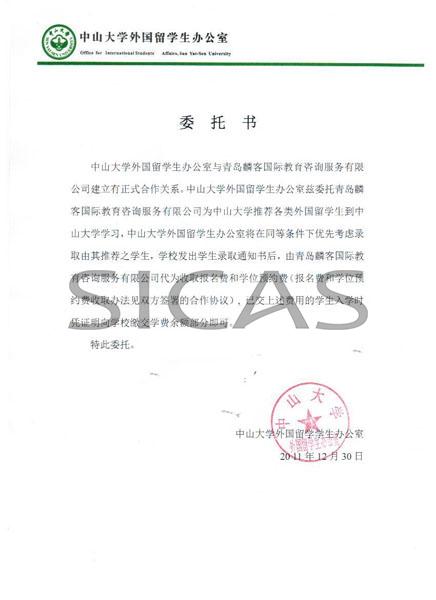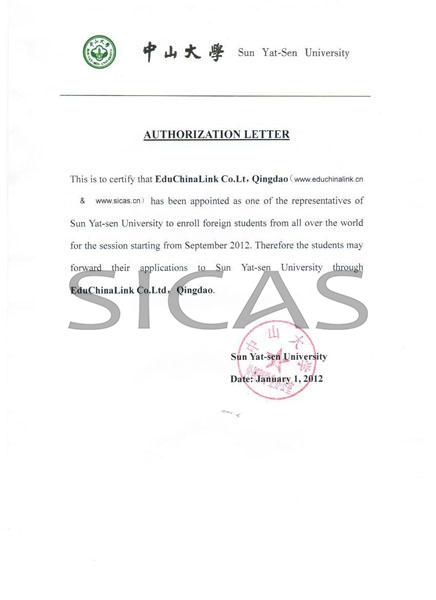School of Sociology and Anthropology
School of Sociology and Anthropology, Sun Yat-sen University, was set up in December 2008, basing on two former faculties of the university, Department of Sociology and Social Work, Department of Anthropology, which had their long histories and rich academic deposits.
Many well-known sociologists and anthropologists, such as S.M.Shirokogorov, Deng Chumin, Gu Jiegang, Xu Dishan, Zhu Yisong, Rong Zhaozu, Hu Tiqian, Yan Xinzhe, Fu Shanglin, Huang Wenshan, Xiao Junying, Shang Chengzuo, Yang Chengzhi, Chen Xujing, Zhong Jingwen, Dong Jiazun, C.K.Yang, Cen Jiawu, Liang Zaotao, He Zhaofa, contributed greatly to the development of the disciplines.
The school now has one post-doctor working station, 6 PhD courses, 7 MA courses, one MSW course, with the course of anthropology as a state-appointed excellent base for the studies of humanities and arts, and the course of sociology as the candidate of an excellent base. There are 17 professors, 19 assistant professors, 1 course professor of Yangtze River scholar award programme, 1 distinguished professor of Pearl River Scholar, 4 professors of “the cross-century talents training plan” and “Program for New Century Excellent Talents in University”, teaching at the school, and most of them got their PhD in England, America, Japan, Hong Kong and many famous universities in China.
At present, the student enrolment of the school is 969, including 87 PhD course students, 172 MA course students and 710 undergraduate students. 16 of them are international students (Including from Hongkong, Macao and Taiwan).
The school keeps on the university’s basic idea of “kindly treat students”, running an educational mode by combining teaching, practical training, research and social service as integrated one, cultivating both the spirits of humanity and scientific research, undertaking quality-aimed education of the university culture to reinforce educational interactions with universities in foreign countries, pushing development of faculties for raising students and serving society.











